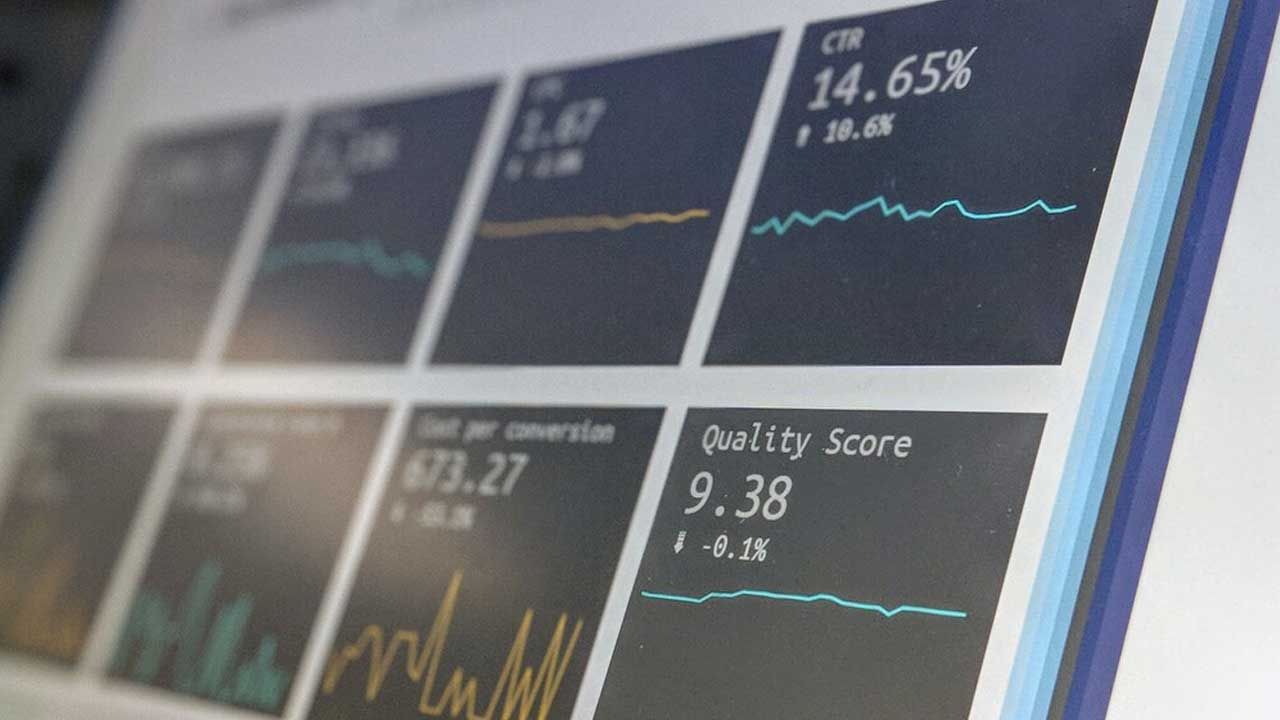Android App Developers: Crafting the Future of Mobile Applications
In the dynamic world of mobile technology, Android app developers play a pivotal role in shaping the future of mobile applications. With over 2.8 million apps available on the Google Play Store, the demand for skilled developers continues to surge. This article delves into the critical aspects of Android app development, offering insights into the essential skills, tools, and trends that define this ever-evolving field.

Android App Developers: Crafting the Future of Mobile Applications
Why Android App Development is Crucial
Android, being the most widely used mobile operating system globally, presents a vast market for developers. Its open-source nature allows for extensive customization and flexibility, making it a preferred platform for businesses and developers alike. Android app development is crucial for several reasons:
- Market Reach: Android dominates the global smartphone market, providing developers with access to a broad audience.
- Customization: The open-source nature of Android allows for extensive customization, catering to diverse business needs.
- Integration: Android apps can seamlessly integrate with other Google services, enhancing user experience.
Essential Skills for Android App Developers
To excel in Android app development, developers must possess a blend of technical and creative skills. Here are the key skills required:
1. Proficiency in Java and Kotlin
Java has been the primary language for Android development for years. However, Kotlin, with its modern syntax and features, has gained immense popularity. Mastery of both languages is crucial for developing robust and efficient Android applications.
2. Understanding of Android SDK and Android Studio
The Android Software Development Kit (SDK) provides the tools and libraries necessary to develop Android applications. Familiarity with Android Studio, the official Integrated Development Environment (IDE) for Android, is essential for efficient coding and testing.
3. UI/UX Design Principles
An intuitive and visually appealing user interface is vital for the success of any mobile application. Developers should have a strong grasp of UI/UX design principles to create engaging and user-friendly apps.
4. Knowledge of Databases
Understanding database management is crucial for handling data within an app. Developers should be proficient in using SQLite, Firebase, and other database solutions.
5. Testing and Debugging
Ensuring the app is free of bugs and performs well under various conditions is critical. Developers should be skilled in testing frameworks like Espresso and JUnit and debugging tools within Android Studio.
Tools and Technologies in Android App Development
The landscape of Android app development is constantly evolving, with new tools and technologies emerging regularly. Here are some essential tools and technologies that developers should be familiar with:
1. Android Jetpack
Android Jetpack is a suite of libraries, tools, and guidance designed to help developers build high-quality apps more easily. It includes components like LiveData, ViewModel, and Room, which simplify complex tasks and promote best practices.
2. Firebase
Firebase is a comprehensive app development platform that offers a range of services, including authentication, real-time databases, cloud storage, and analytics. It helps developers build, improve, and grow their apps efficiently.
3. Retrofit
Retrofit is a type-safe HTTP client for Android and Java. It simplifies the process of making network requests, handling APIs, and parsing responses, making it an invaluable tool for developers working with web services.
4. Gradle
Gradle is the build automation tool used in Android Studio. It manages dependencies, automates the build process, and ensures that projects are consistently built, tested, and packaged.
5. Git
Version control is essential in any development project. Git, a distributed version control system, allows developers to track changes, collaborate with others, and maintain code integrity.
Current Trends in Android App Development
The field of Android app development is marked by rapid innovation and continuous evolution. Here are some current trends that are shaping the future of Android apps:
1. Artificial Intelligence and Machine Learning
Integrating AI and ML into Android apps can enhance user experience by providing personalized recommendations, advanced search capabilities, and predictive analytics. TensorFlow Lite and ML Kit are popular tools for incorporating these technologies into mobile apps.
2. Internet of Things (IoT)
The IoT ecosystem is expanding, and Android apps are increasingly being developed to control and interact with IoT devices. This trend opens up new possibilities for creating smart home applications, wearable tech, and more.
3. Augmented Reality (AR)
AR is transforming the way users interact with mobile apps. Google’s ARCore is a powerful tool that allows developers to create immersive AR experiences, enhancing user engagement and opening up new business opportunities.
4. Blockchain Technology
Blockchain is making its way into mobile app development, offering enhanced security, transparency, and traceability. Android developers are exploring blockchain for creating decentralized apps (DApps) and securing transactions.
5. 5G Technology
The rollout of 5G networks promises faster data speeds and lower latency, enabling the development of more sophisticated and responsive mobile applications. Android developers are poised to leverage 5G to create next-generation apps.
Best Practices for Successful Android App Development
To ensure the success of an Android app, developers should adhere to best practices throughout the development process. Here are some key practices to follow:
1. User-Centric Design
Always prioritize the user experience. Conduct thorough research to understand user needs and preferences, and design the app accordingly.
2. Performance Optimization
Optimize the app’s performance to ensure it runs smoothly on various devices and network conditions. This includes efficient coding, minimizing memory usage, and optimizing battery consumption.
3. Regular Updates
Continuously update the app to fix bugs, add new features, and improve performance. Regular updates also help maintain user engagement and satisfaction.
4. Security
Implement robust security measures to protect user data and prevent unauthorized access. This includes encryption, secure authentication, and regular security audits.
5. Comprehensive Testing
Thoroughly test the app under different conditions to identify and fix issues before release. This includes functional testing, performance testing, and usability testing.
The Future of Android App Development
The future of Android app development looks promising, with emerging technologies and trends paving the way for innovative and impactful applications. As developers continue to push the boundaries of what’s possible, we can expect to see even more sophisticated, efficient, and user-friendly apps in the coming years.
In conclusion, Android app developers are at the forefront of mobile technology, driving innovation and transforming the way we interact with our devices. By mastering essential skills, leveraging powerful tools, and staying abreast of current trends, developers can create high-quality apps that stand out in the competitive market.








